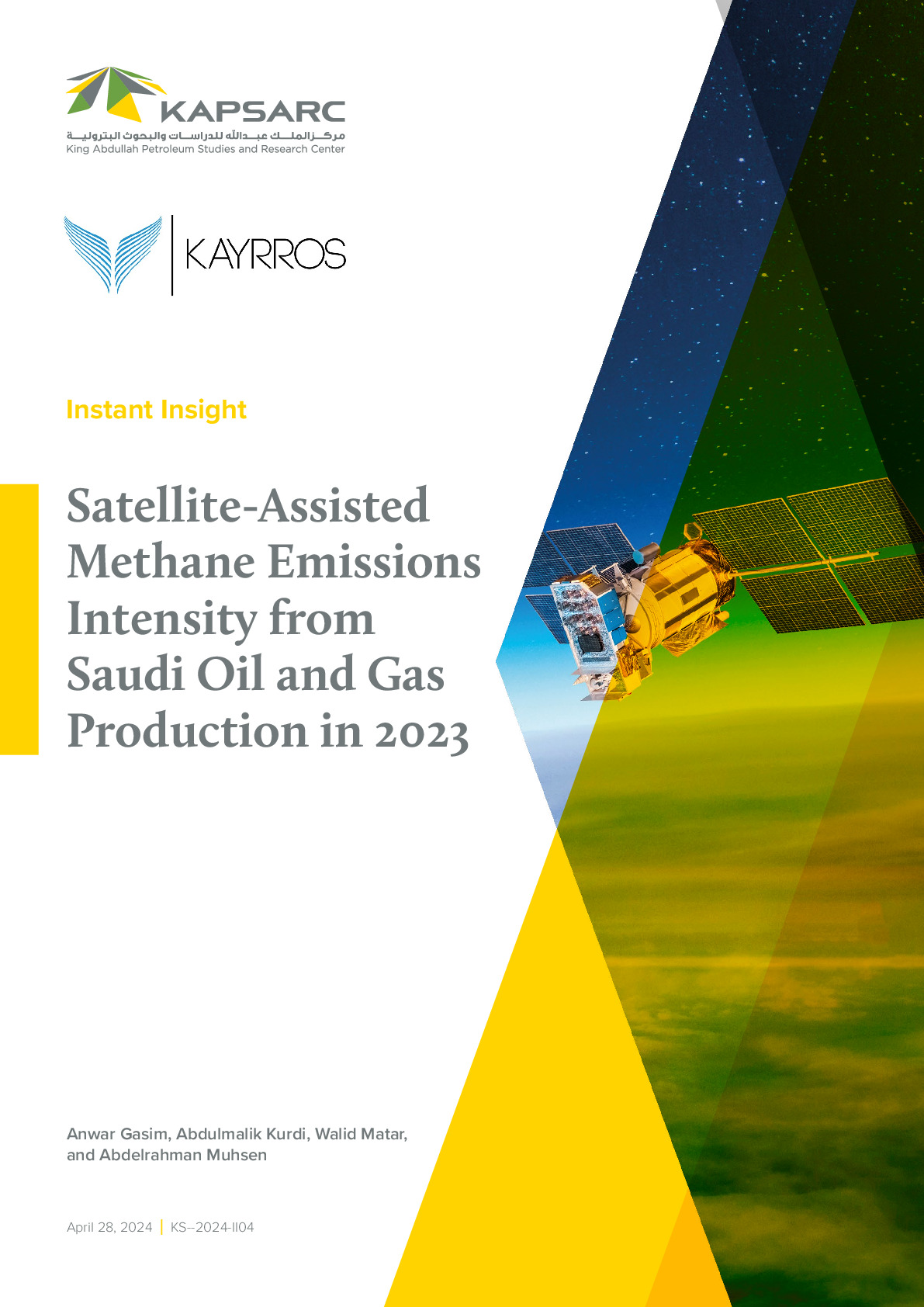This paper presents a computational take on households’ response to price changes. Many studies use assumptions (i.e., price elasticities) that were estimated using historical information; however, if a price change has not been experienced in the past, the response may not be statistically predicted. While other papers have explored price response behavior internally through microeconomic principles, many factors affect a household’s electricity use, including the construction of the dwelling, outdoor air temperature, and efficiency of the air conditioner. We have superimposed a physical model, which determines hourly power loads, with a utility maximization component. The dwelling itself is calibrated to one in Saudi Arabia, but we test households that have various preferences in their utility function, levels of thermal insulation, and income. We further analyze a wide range of electricity pricing schemes; some are progressive tariffs, while one is defined hourly. The extent to which the prices are raised in the alternative schemes has never been experienced in Saudi Arabia. Our analysis shows that households with low electricity preferences exhibit a larger short-run response than would be derived from the aggregate price elasticities estimated statistically. Moreover, improved building insulation affects the household’s decision-making process. © 2018 Elsevier B.V.

Research Fellow
Walid works on modeling energy systems. He is developing or has developed the following components of the KAPSARC Energy Model…
Walid works on modeling energy systems. He is developing or has developed the following components of the KAPSARC Energy Model (KEM): electric power generation, oil refining, petrochemicals and fertilizers, cement production, and iron and steel. He is also working on a bottom-up residential electricity use framework that merges microeconomics with the physical laws governing electricity use.
Expertise
- Energy Systems Modeling
- Optimization
- Electricity Prices
- Energy Efficiency and the Interdisciplinary Connection Between Energy Economics and Engineering
Publications See all Walid Matar’s publications
Energy Policy Pathways to Inform Climate Policy in Saudi Arabia
This paper presents a computational take on households’ response to price changes. Many studies use…
1st May 2024
Satellite-Assisted Methane Emissions Intensity from Saudi Oil and Gas Production in 2023
This paper presents a computational take on households’ response to price changes. Many studies use…
28th April 2024